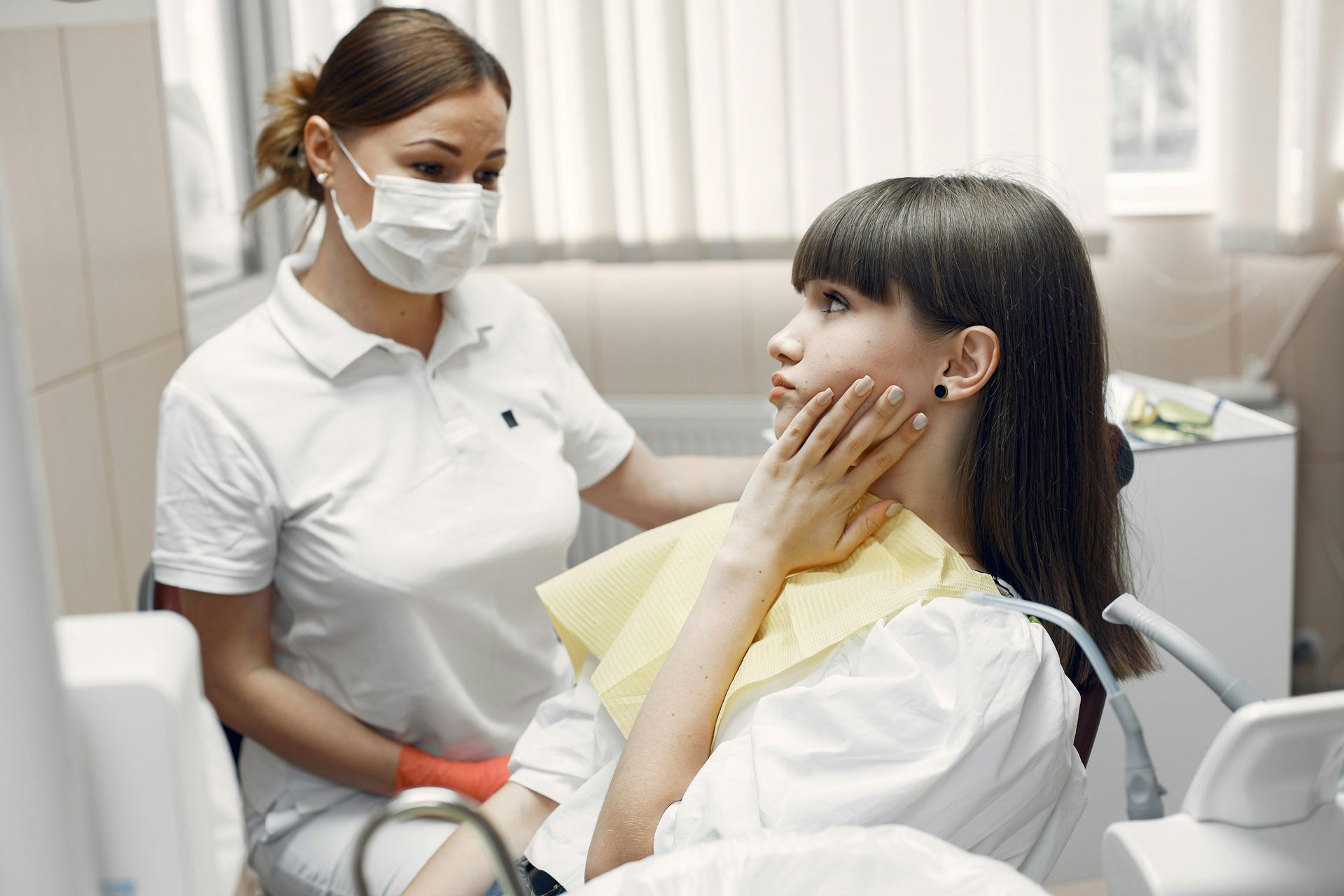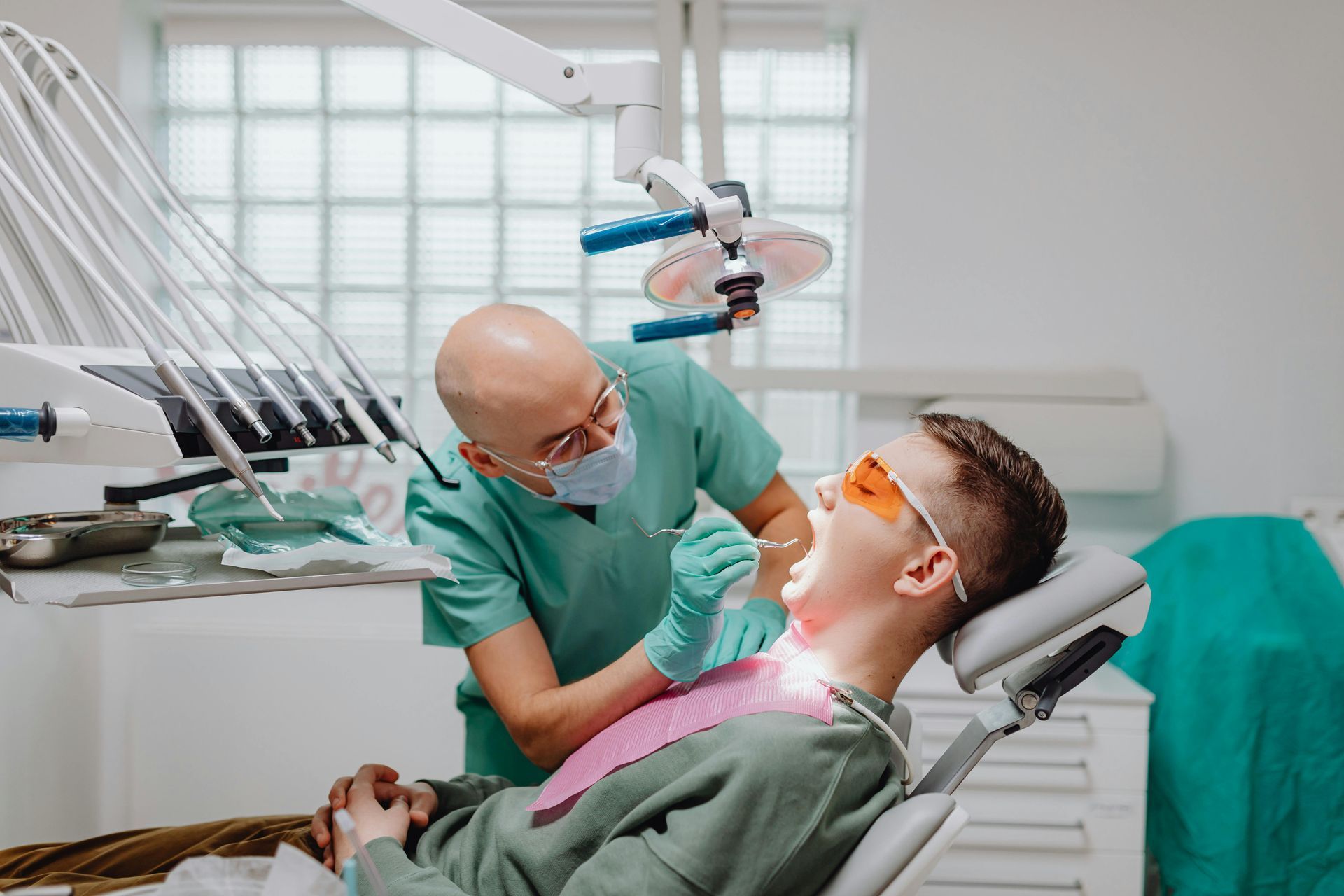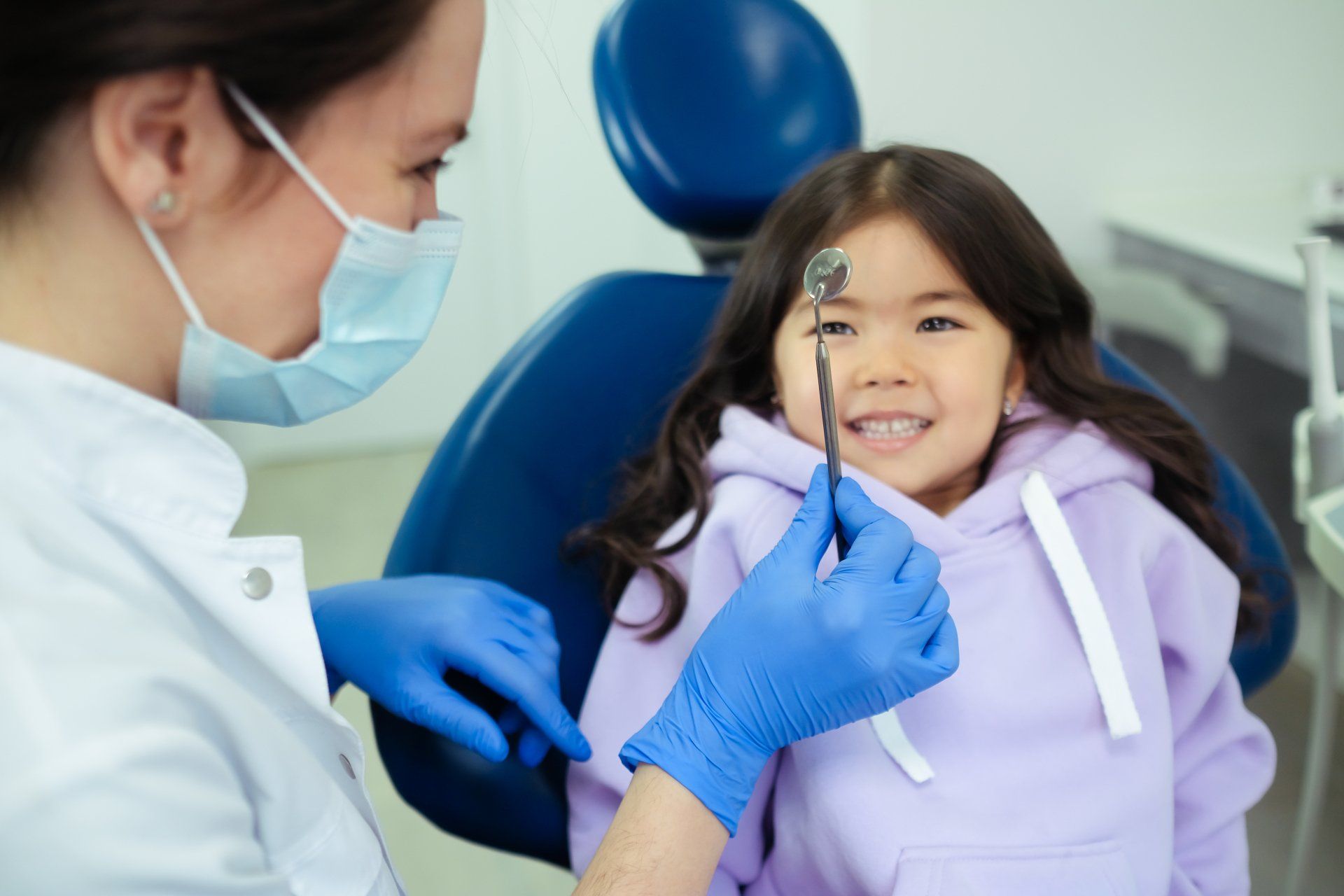The Essential Role of Dental Check-Ups in Maintaining Oral Health
Importance of Dental Check-Ups
A bright smile can often reflect our overall health, yet many overlook a critical aspect of maintaining that grin—regular dental check-ups. These appointments serve as the cornerstone of preventive care, ensuring that our oral health remains in top condition throughout our lives.
From early detection of dental issues to professional cleaning, dental check-ups offer an array of benefits that go beyond just examining teeth. Understanding the importance of these visits can empower individuals to take charge of their oral health and prevent more severe problems down the line.
In this article, we will delve into the essential role of dental check-ups, exploring their importance, what to expect during an appointment, and the many benefits they provide. By committing to regular dental care, you can maintain not only your smile but also your overall health.
Preventative Care
Preventative care is at the crux of regular dental check-ups. During these visits, dental professionals work to safeguard your teeth and gums from the common ailments that can lead to discomfort and disease. Professional cleanings remove tartar buildup that regular brushing and flossing at home can't manage, preventing the onset of tooth decay and periodontal disease. Moreover, these appointments offer the opportunity for dentists to provide valuable guidance on maintaining a proper oral health routine, which is instrumental in keeping gums healthy and ensuring a healthy smile. Preventative care also extends to protective measures like sealants or fluoride treatments, which fortify teeth against potential issues.
Early Detection of Dental Issues
Another pivotal aspect of dental check-ups is the early detection of dental issues. During a dental visit, practitioners utilize a variety of tools and expertise to spot the early signs of problems such as gum disease, oral cancer, and cavities. The ability to identify and address these issues swiftly means that treatments such as fillings, root canals, or other dental services can be administered before conditions worsen. This is vital not only to preserve healthy teeth but also to prevent tooth loss and other severe complications. Early detection contributes to the management and treatment of conditions that could be detrimental to one's oral and overall health, like bad breath and the progression of gum disease, which can have systemic implications if left unchecked.
Incorporating regular dental check-ups into your healthcare regimen is a necessary step to protect and enhance your oral health. In the end, the goal is to head off any oral health concerns before they escalate, ensuring that your teeth and gums remain in peak condition for years to come. It’s more than just safeguarding your smile; it’s about ensuring a state of well-being that affects every aspect of your life.
What to Expect During a Dental Check-Up
During a regular dental visit for a check-up, you can expect a systematic approach to ensure your dental health is thoroughly assessed. This visit is not just about cleaning your teeth but also serves as a proactive measure in identifying any potential issues early on. Typically, a dental appointment involves several components:
- Reception and Patient History: Upon arriving, you'll likely be greeted by the office staff and asked for any updates to your health history, including medications, health conditions, and allergic reactions, which can affect dental care.
- Visual Examination: The dentist or hygienist will visually inspect your teeth, gums, and mouth, checking for any signs of cavities, gum disease, and other oral health concerns.
- Tartar and Plaque Check: They will also look for plaque and tartar on your teeth since these can lead to more serious issues.
- Evaluation of Gum Health: Your gums will be checked with special tools to measure the depth of the spaces between your teeth and gums. Depths greater than normal could indicate gum disease.
- Professional Cleaning: Plaque and tartar buildup will be cleaned from your teeth.
- Discussion of Findings: The dentist will discuss any concerns or findings from the exams and recommend follow-up care or treatments if needed.
- Future Planning: You may discuss with the dentist any dental goals or concerns you have, such as teeth whitening or straightening, and plan accordingly.
- Next Appointment Scheduling: After your check-up and cleaning, you'll schedule your next regular visit, typically in six months, unless the dentist suggests a different timeframe.
Comprehensive Dental Examination
A comprehensive dental examination is at the core of the dental check-up and includes multiple components:
- Teeth Examination: The dentist inspects each tooth for cavities, damage, and other issues.
- Gum Assessment: A periodontal examination evaluates your gums for any signs of periodontal disease.
- Oral Cancer Screening: Areas around the mouth, including the tongue, throat, tissues, and gums, are checked for any signs of oral cancer.
- Occlusion Analysis: Checking how your teeth fit together when you bite to identify any misalignments or bite issues.
A thorough dental examination is the first line of defense against dental issues and ensures any treatment needed is as minimally invasive as possible.
Professional Cleaning Procedures
Professional dental cleanings are performed by a dental hygienist and involve several steps:
- Scaling: Specialized tools are used to remove plaque and tartar from the tooth surface and beneath the gum line.
- Polishing: After tartar is removed, your teeth will be polished to remove stains and any remaining plaque, leaving your teeth smooth and reducing future plaque buildup.
- Flossing: The hygienist will expertly floss your teeth, removing any debris that scaling and polishing could not access.
- Fluoride Treatment: You may receive a fluoride treatment to help strengthen your teeth and protect against cavities.
Professional cleaning procedures are crucial in maintaining dental health and preventing future dental issues.
X-rays and other diagnostic tools
To provide a complete picture of your oral health, the dental team may use X-rays and other diagnostic tools. Here's what they involve:
- X-rays: Dental X-rays help detect decay, tumors, cysts, and bone loss. They also assist in determining tooth and root positions.
- Intraoral Camera: A small camera might be used to take detailed images inside the mouth, further helping to spot problems.
- 3D Imaging: In some cases, more advanced imaging like 3D scans are used for precise planning of dental treatments such as implants.
These diagnostic tools are critical in helping dentists see problems that aren't visible to the naked eye and in planning accurate, effective treatments.
Benefits of Regular Dental Visits
Regular dental visits are fundamental to maintaining not just oral health, but overall health as well. By scheduling regular check-ups, you ensure dental professionals have the chance to spot and address issues early, thus avoiding the need for more invasive and costly dental treatments in the future. These visits typically include a thorough dental examination to help detect any potential issues before they become serious problems.
Preservation of Smile Aesthetics
A confident smile contributes significantly to social interactions and self-esteem. Regular dental check-ups play a vital role in preserving the aesthetics of your smile. During these visits, dentists can spot signs of teeth discoloration, misalignment, or wear and take timely action. Additionally, professional cleanings remove surface stains, helping to keep teeth bright and attractive. Maintaining this aspect of dental health is crucial for a lasting, beautiful smile.
Personalized Oral Hygiene Guidance
Every mouth is unique, and so are the oral hygiene requirements needed to keep it healthy. Regular dental check-ups provide an opportunity for personalized guidance from your dentist or dental hygienist. They can recommend specific brushing and flossing techniques, as well as products that would be most effective for your individual needs. This personalized advice helps to enhance your daily oral care routine, keeping your teeth and gums healthy between dental visits.
Cost-effectiveness of Preventative Care
Preventative dental care, including regular check-ups and cleanings, is truly cost-effective. These visits help to prevent oral health issues that could later turn into expensive dental procedures. By catching problems early, like tooth decay or gum disease, and addressing them promptly, you are likely to save on the financial cost and the physical discomfort that comes with more extensive dental work. Ultimately, investing in regular dental visits can result in significant long-term savings and a healthier oral environment.
In conclusion, regular dental visits are a cornerstone of good oral hygiene. While they help in preserving the aesthetics of your smile and providing personalized oral hygiene guidance, they also stand out as a cost-effective approach to preventative dental care. Ensuring you adhere to a routine of regular check-ups with your dental care provider can result in healthier teeth and gums, a better quality of life, and a reduction in future dental expenses.
How Often Should You Schedule Dental Check-Ups?
Maintaining optimal oral health hinges on the frequency with which you schedule your dental check-ups. Not to be overlooked, these visits are a cornerstone of dental health, allowing your dentist to monitor and maintain your gums healthy, assess for any potential issues, and provide timely dental treatments to avoid more serious oral health concerns.
The recommended timeline for these evaluations varies based on individual needs, health history, and risk factors. However, knowing general guidelines for adults, special considerations for children, and factors that may influence the frequency of dental visits can help individuals tailor their dental care routine for a healthy smile.
Recommended frequency for adults
For the average adult, dental professionals typically recommend scheduling a dental check-up every six months. This biannual routine is crucial for early detection and management of issues such as tooth decay or periodontal disease. During a regular checkup, in addition to the visual examination, the dental services might include Professional cleaning to keep oral health issues at bay.
However, depending on personal oral healthcare needs, some individuals may require more frequent dental appointments. These may be patients with ongoing dental issues or those who have a higher risk for dental problems due to lifestyle choices, medical history, or genetic predisposition.
Special considerations for children
Children's dental care requires special attention as they are in the critical stages of developing their primary and permanent teeth. Typically, it is recommended that children have their first dental visit by the age of one or when their first tooth appears. Following this initial checkup, parents should schedule regular dental check-ups for their children roughly every six months.
These early and regular dental visits are paramount in ensuring children learn the importance of dental care, allowing dentists to monitor the growth and alignment of teeth, and catch any early signs of dental issues such as cavities.
Maintaining a routine of regular dental check-ups is integral to preserving not only oral health but also overall well-being. It is through these dental visits that potential issues such as tooth decay, tartar buildup, and gum disease can be identified and addressed early on, averting more severe dental health concerns. The significance of these check-ups cannot be overstated.
At Don River Dental we give you the best tips . If you are experiencing any symptoms or pain please feel free to call us at (416) 901 - 9292 and someone from our team will be happy to answer any questions and schedule an appointment as soon as possible. We offer safe soothing dentistry in North York.












